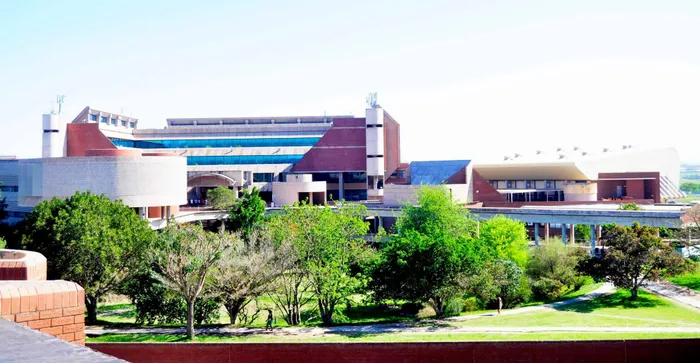
IRR’s Makone Maja warns that racial quotas in South African universities threaten academic freedom and merit, urging institutions to prioritise excellence over bureaucratic box-ticking.
Image: WalterSisuluUniversity/Facebook
The Institute of Race Relations (IRR) is calling on the vice-chancellors and principals of all 26 South African universities to clarify whether they intend to forcibly classify their staff by race, should individuals decline to self-classify, in line with the recently gazetted Employment Equity Sectoral Numerical Targets.
These new quotas, set to take effect later this year, are creating significant concern among institutions and individuals alike.
According to the IRR, these quotas, described as “targets” to avoid legal challenges, will require employers in both the public and private sectors to conduct workforce audits.
This includes compelling staff to complete the EEA1 form, which mandates racial identification in four categories: African, Coloured, Indian, or White.
However, the form offers no option for those unwilling to classify themselves racially, raising serious concerns about constitutional rights such as freedom of association, dignity, and equality.
IRR Strategic Engagements Manager, Makone Maja, highlighted the gravity of the situation, stating, “We are writing to universities, who are explicitly included in the regulations, to ask if they will compel staff to identify by race – and if they will forcibly assign racial identities to those who refuse.
''Universities are not mere employers; they are meant to be champions of free thought, academic inquiry, and the nurturing of merit and excellence. For institutions of learning to submit meekly to a pencil-test system of demeaning race audits is to betray their purpose.”
The IRR has voiced concerns that the implementation of racial quotas, driven by the ideology of “demographic representivity,” has not brought about the intended social justice or job creation.
Instead, it has contributed to stagnation, corruption, and the deterioration of key sectors. As emphasised by Maja, “Racial quotas serve political elites, entrenching bureaucracy and box-ticking over merit, and sow division rather than build excellence and trust.”
Maja further stressed the unintended consequences of such quotas, arguing that they undermine the true goal of upliftment.
“We are already hearing from those in favour of more and more apartheid-era racial classification that opposing these arbitrary targets is tantamount to opposing the upliftment of black South Africans.
''Nothing could be further from the truth. These perverse race-rigged quotas do not come at the cost of just those races out of favour with the political powers that be. All South Africans stand to lose from this blatant attempt at job laundering through prejudiced box-ticking."
The IRR warns that these quotas could harm all South Africans, particularly in academic settings. Maja explains, “If a university or company wanted to appoint a talented black woman on pure merit, but the corresponding quota had already been met, it would be legally barred from giving her a job.
''When it comes to our universities, these race-rigged quotas put at risk the education and futures of all students of all races and identities. Instead of allowing institutions of learning to have a laser focus on excellence and merit, the government seems intent on sacrificing the ability of young South Africans to learn from the best in their fields, irrespective of race.”
Maja said IRR’s correspondence with universities will be made public over the coming weeks, with further engagements planned with other affected sectors.
hope.ntanzi@iol.co.za
Get your news on the go, click here to join the IOL News WhatsApp channel.
IOL Politics
Related Topics:
